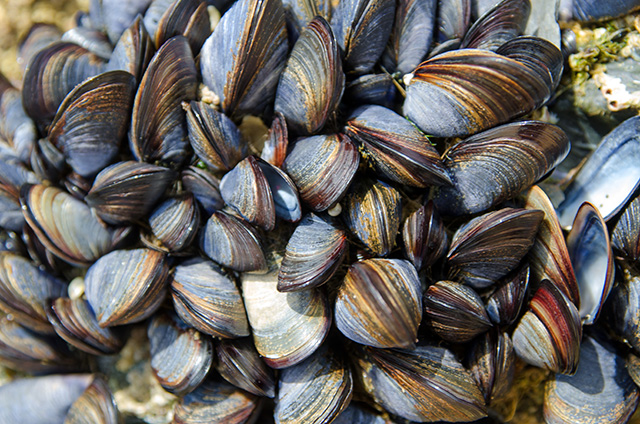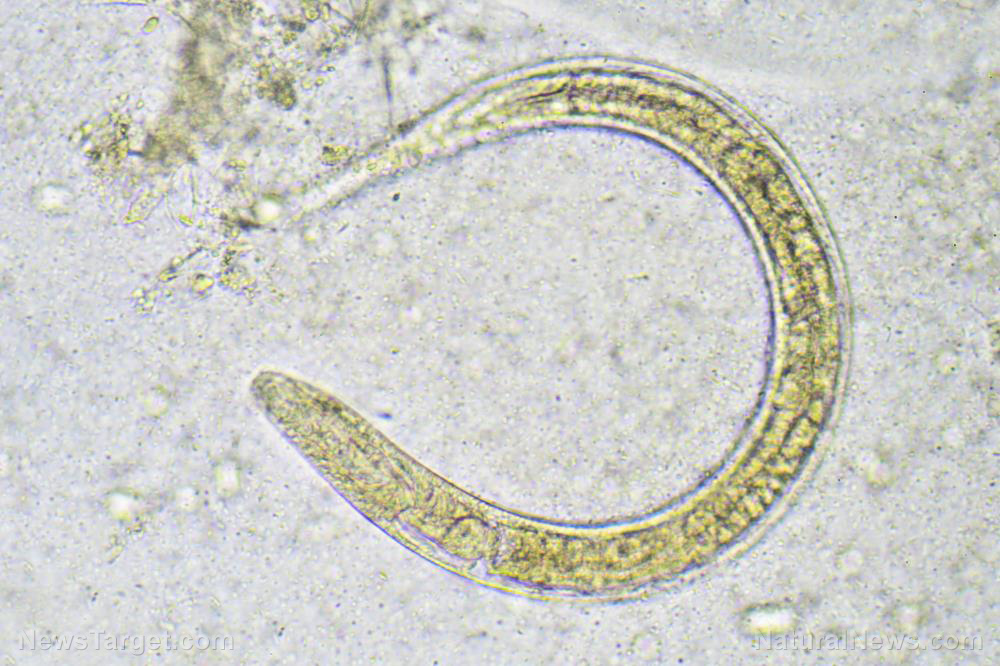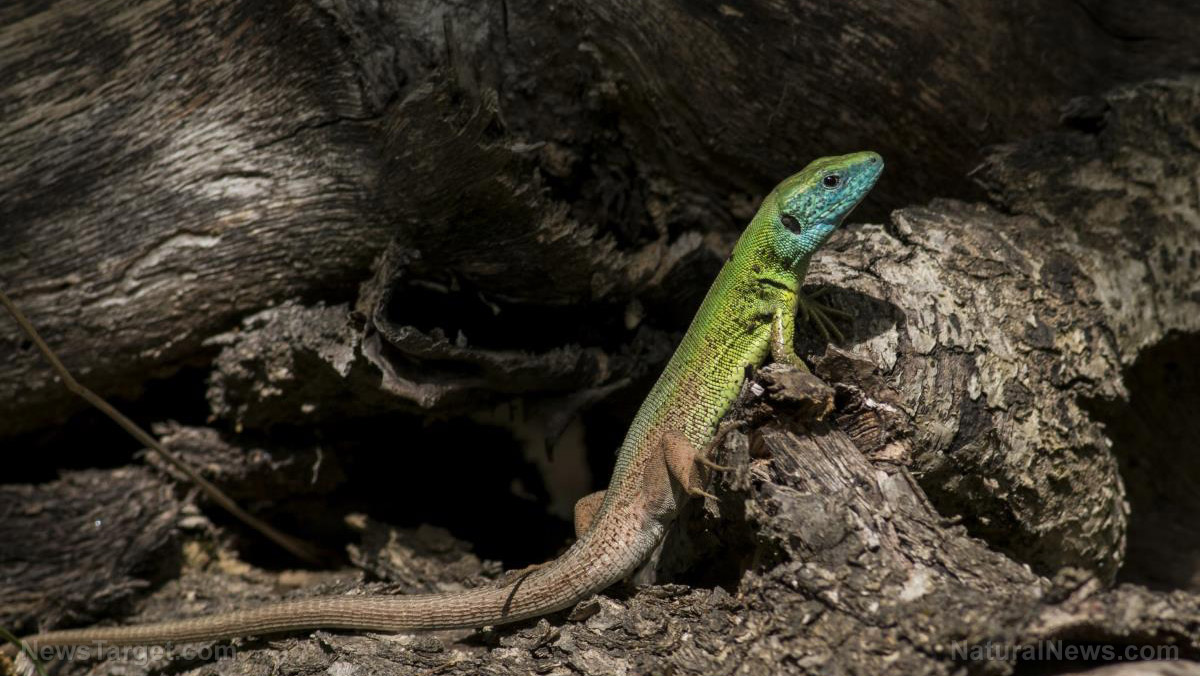Moringa seeds found to prevent the spread of breast cancer cells to surrounding tissue
01/29/2018 / By Zoey Sky

Moringa oleifera, which belongs to the plant family Moringaceae, is also known as the “wonderful tree.” In Africa and Asia, the moringa tree is used in traditional medicine to cure diseases such as cancer. However, not much is known about the cytotoxic (pertains to “the quality of being toxic to cells”) impact of M. oleifera seeds on MCF7 or breast cancer cells.
Thankfully, a group of researchers from Malaysia has proven the “antiproliferative” effect of the seed on MCF7 after intensive study.
In other cultures, herbal medicine is an alternative remedy used to address manage many diseases like “diabetes, cancer, malaria, and microbial infections.” Herbal medicine has proven to be effective, and it is affordable and easily prepared.
M. oleifera is also called the “horseradish tree” or “drumstick tree.” The tree’s seeds, leaves, and fruits contain various important phytochemicals like “phenolics, flavonoids, alkaloids, vitamins, glycosides, sterols, minerals, and amino acids.
Seeds of the Moringa tree also have a diuretic effect and antitumor and antimicrobial properties. An earlier study had also detailed the cytotoxic effect of the ethanolic extract of M. oleifera root on leukemia and melanoma cell lines.
In this study, researchers looked into the effect of the cytotoxic activity of M. oleifera seeds against MCF7. MCF 7 is an estrogen positive breast cancer cell line that is often used as an in vitro model in breast cancer therapeutic research. Breast cancer remains a major health concern and it is the most common type of cancer after lung cancer in both genders.
While there are many chemotherapies that can suppress breast cancer growth and prevent metastasis, their side effects are linked to weakened immune systems, neutropenia (an abnormally low level of neutrophils), and hypercalcemia (calcium levels in the blood are above normal). This has prompted the search for effective chemotherapy using natural plant sources with minimal adverse effects and toxicity to normal body systems.
In April 2015, dried seeds of M. oleifera were collected from Herbagus in the town of Kepala Batas in Penang, Malaysia. The researchers then used extracts and fractions from Moringa seeds to evaluate cytotoxicity on breast adenocarcinoma cells (MCF7) and normal breast cells (MCF10A). (Related: 6 Ways to Keep Your Mind Sharp and Prevent Breast Cancer.)
In the study, the seeds of the Moringa tree was ground to powder and its phytochemicals were extracted via water and 80 percent ethanol solvents. Part of the ethanolic extract was sequentially partitioned to fractions with four solvents, namely hexane (HF-CEE), dichloromethane (DF-CEE), chloroform (CF-CEE), and n-butanol (nBF-CEE). The antiproliferative effects of the samples on MCF7 were then determined.
The researchers then made note of the fact that potent samples of Moringa seeds “significantly inhibited MCF7 growth” after it was tested on MCF 10A. Water was used for the extraction because of its universal solubility with polar compounds while ethanol was used due to its higher solubility, the “strong extraction ability of plant phytochemicals,” and its tendency to yield relevant compounds as observed in previous studies on the Moringa tree.
The scientists report that a mixture of crude water extract, hexane, and dichloromethane fractions of the seeds inhibited the proliferation of MCF7 with the following IC50 values: 280 micrograms/millimeter (µg/ml), 130 µg/ml, and 26 µg/ml, respectively. However, from the three samples, only the hexane fraction had minimal cytotoxic effects on MCF 10A.
The researchers concluded that out of the three samples, HFCEE had an antiproliferative effect on MCF7 breast cancer cells with “insignificant cytotoxicity to MCF 10A normal breast cells.”
Other benefits of Moringa
Aside from Moringa oleifera’s antiproliferative effect on breast cancer cells, analysis proves that it offers a slew of other health benefits:
- Moringa has anti-inflammatory properties and that it can be used to address inflammatory conditions.
- It is full of as many as 90 different nutrients.
- It has “36 times more magnesium than eggs, 50 times more vitamin B3 than peanuts, 25 times more iron than spinach, and four times more calcium than milk.”
- Moringa leaves are a “complete” protein source–they contain at least 18 amino acids and around 46 essential antioxidants.
You can learn more about other findings on herbal medicine and alternative treatments at Herbs.news.
Sources include:
Journals.SFU.ca[PDF]
Tagged Under: antiproliferative effect, botanical medicine, breast cancer, cancer, Cancer Cells, Herbs, M. oleifera, MCF 10A, MCF7, moringa, Moringa oleifera, Moringa seeds, natural medicine, phytochemicals, wonderful tree
RECENT NEWS & ARTICLES
COPYRIGHT © 2017 SCIENTIFIC NEWS




















